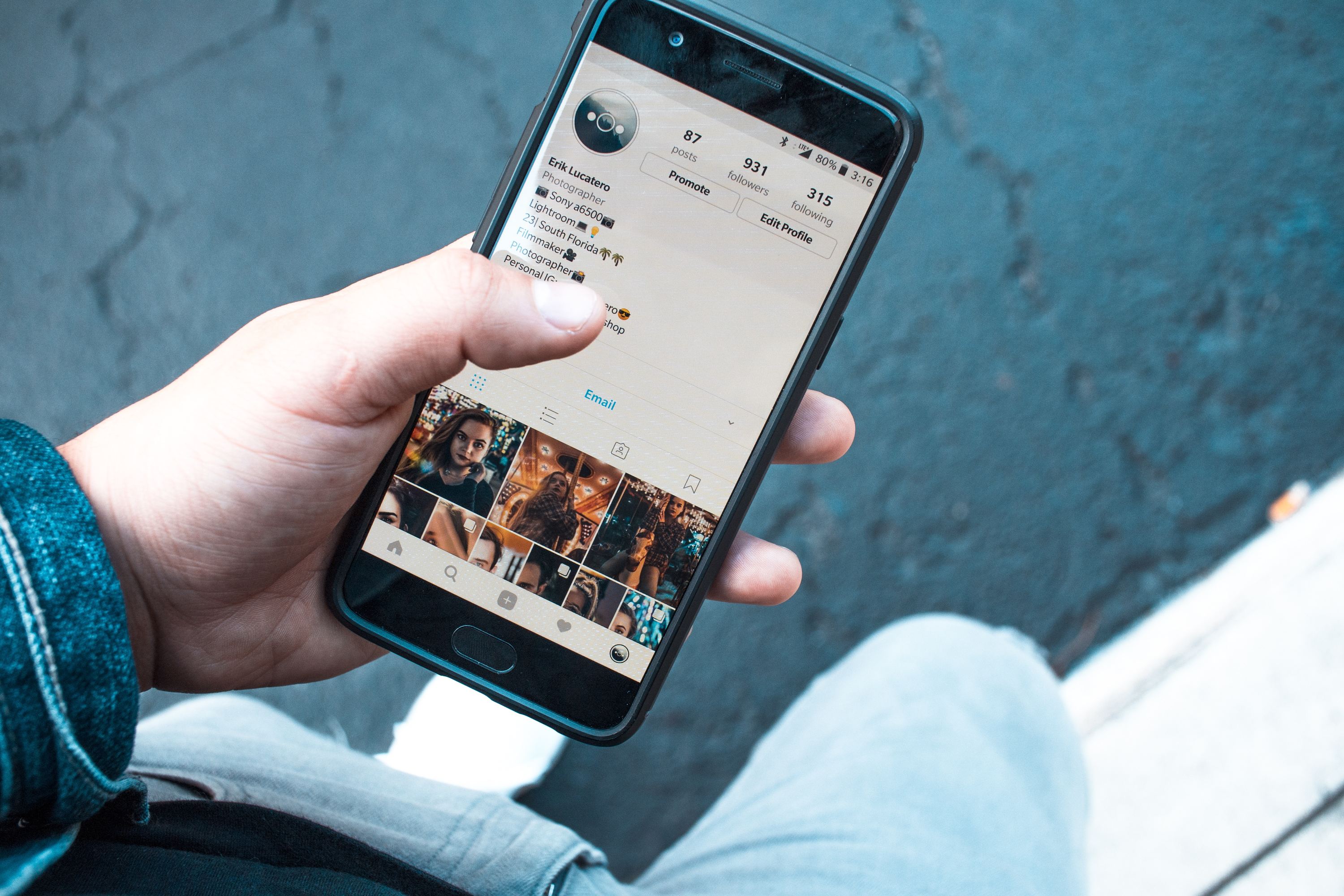
01 Nov Is Mindful Social Media Use Linked to Improved Well-Being?
The impact of social media is a hot topic, especially in regards to its influence on the well-being of young people, today’s digital natives. Some of this year’s hard-hitting headlines include: Social media and celebrity culture ‘harming young people’, Social media sites are damaging children’s mental health, headteachers warn and Six ways social media negatively affects your mental health.
Research conducted around body image, self-esteem and cyberbullying is compelling and many are suggesting that social media is a contributing factor to the rising rates of anxiety and depression in young people. Facebook, however, claims that it’s not that simple. In this article, we explore research presented by Facebook and determine why they suggest that mindful social media use is linked to improved well-being, while passive scrolling is deemed damaging to our mental health.
The difference between actively engaging vs. passively consuming on social media
According to a Facebook Newsroom article published by David Ginsberg, the company’s Director of Research, and Moira Burke, the social network’s Research Scientist, there is interesting research to suggest that the way in which we consume social media has an impact on our well-being. They highlight the results of one experiment conducted at the University of Michigan which noted that students who were asked to read Facebook for ten minutes reported a worse mood at the end of the day compared to students who were asked to engage on the platform by talking to friends or posting. Ginsberg and Burke cite another study from UC San Diego and Yale which investigated how frequently users clicked on links and liked posts. Their findings showed that people who clicked on four times as many links as the average user, or those that liked twice as many posts, reported poorer mental health than average.
So, is social media good or bad for us?
According to Ginsberg and Burke’s summary, if we are to use Facebook and other social sites, it’s encouraged that we do so in an active way. There are many ways to make your social media use more mindful. It could mean decluttering your feed to remove people that you don’t engage with, but feel that you compare yourself against. It could be trying to limit the frequency in which you open your social media apps to passively scroll through your feed, and instead prioritising answering and sending messages to good friends.
Arguably, this is useful advice – most of us have probably found ourselves in a scrolling cycle that leads to comparison and wasted time. But, a point in Facebook’s article deserves more attention. Ginsberg and Burke state, “Another theory is that the internet takes people away from social engagement in person”. It’s a great starting point to be more mindful when consuming social media, but where does positive screen-based interaction pit up against positive human face-to-face interaction? When delving deeper into the second piece of research from UC San San Diego and Yale cited above, there are some key quotes to consider:
- “Our results showed that although real-world social networks were positively associated with overall well-being, the use of Facebook was negatively associated with overall well-being.“
- “Although “liking” other people’s content could be reflective of attention to other’s positive posts, which could lead to negative self-comparison, updating one’s own status and clicking links would seem to suggest that the relationships we found are simply a matter of quantity of use.”
Association of Facebook Use With Compromised Well-Being: A Longitudinal Study, American Journal of Epidemiology
Undoubtedly, social media usage is difficult to measure and self-reported results can contain bias. However, these findings highlight that while active consumption of social media is better, a large amount of time spent on social media, rather than engaging face to face, can still be damaging to a person’s well-being.
In short, yes, quality interactions matter online, but they still matter more in person.





Sorry, the comment form is closed at this time.